“My Doctor’s Office” Should Accept Wearable Tech Health Data, Most Patients Say
Health Populi
NOVEMBER 1, 2023
Unique to this study is the patient sample polled: Software Advice surveyed 876 patients in September 2023 to gauge their perspectives on wearable tech and health. This proportion of folks interested in sharing their wearable health data grew from 56% in 2021 to 91% in 2023. ” Software Advice wondered.

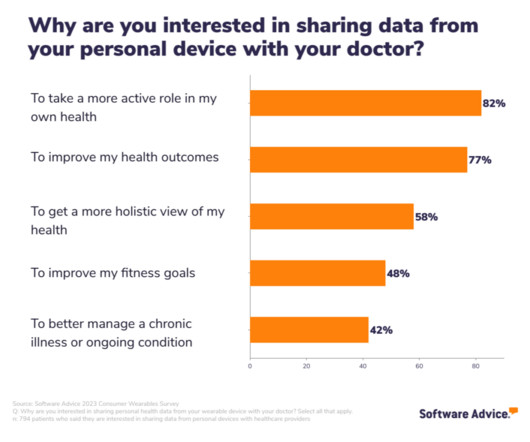


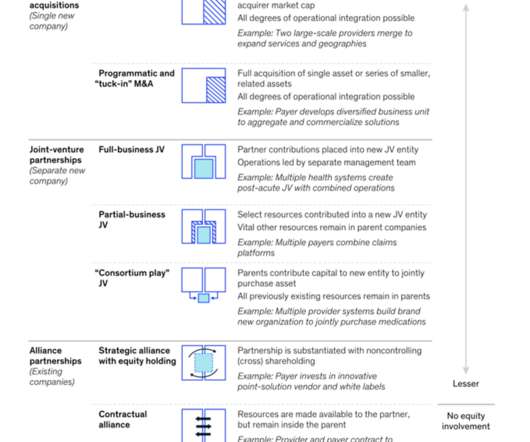
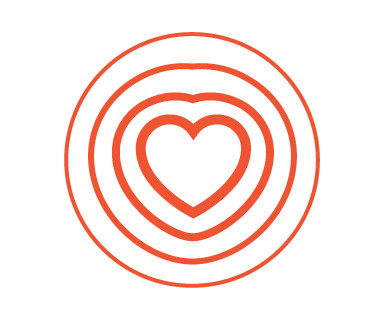




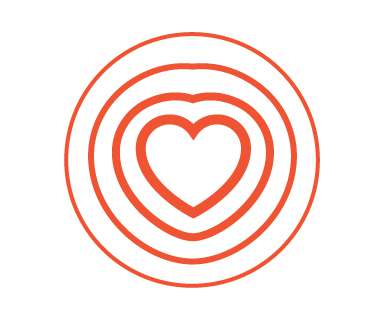
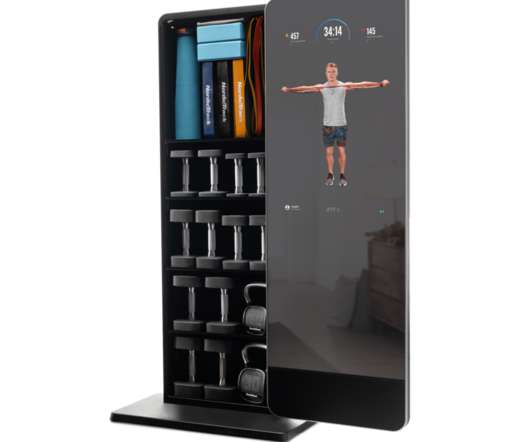
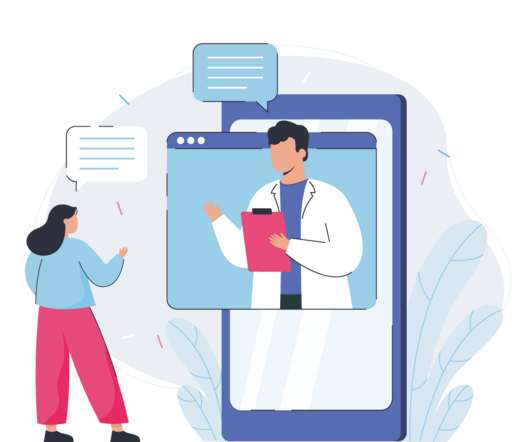








Let's personalize your content